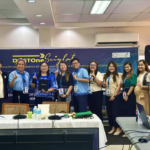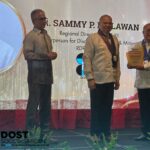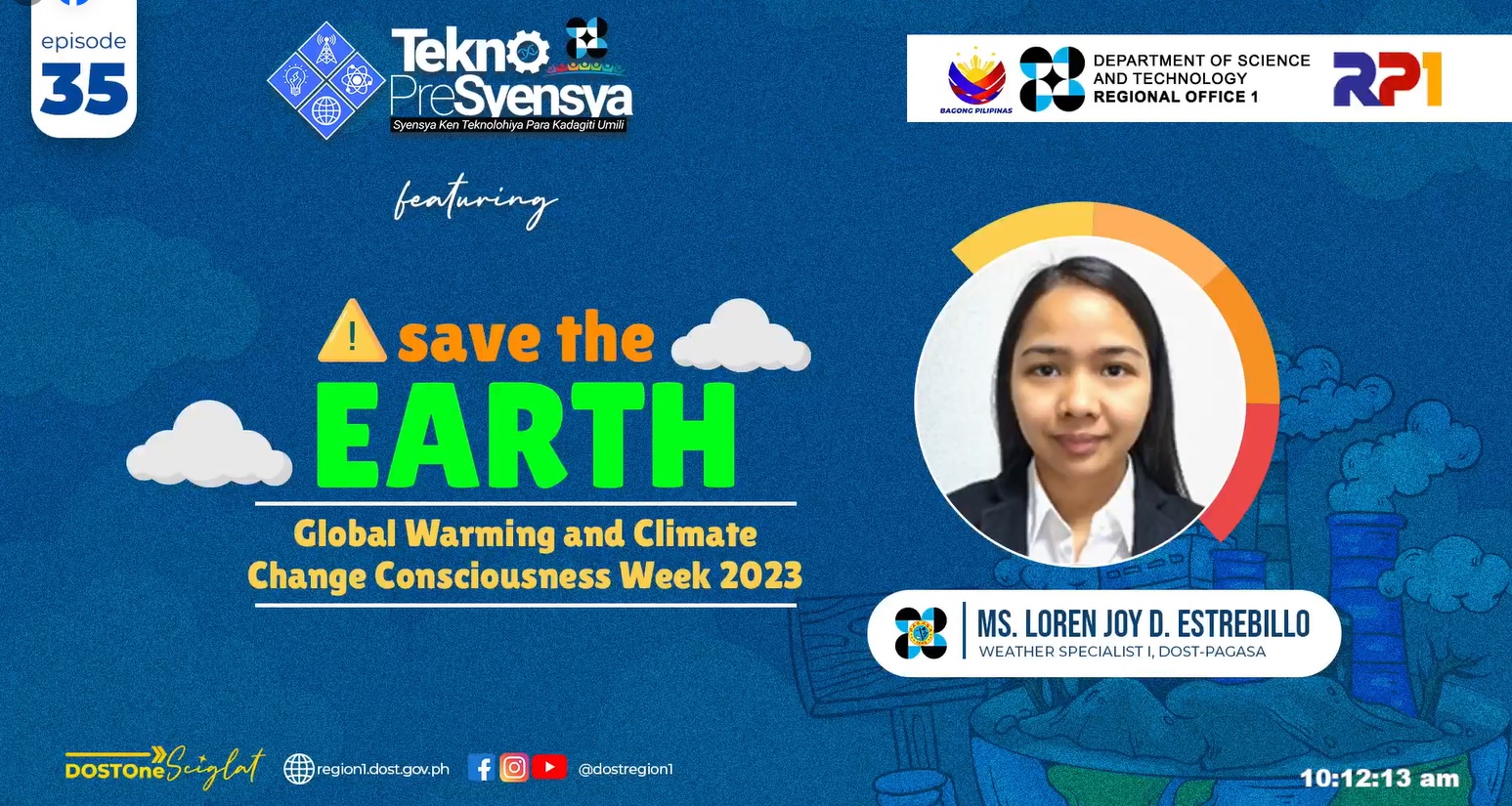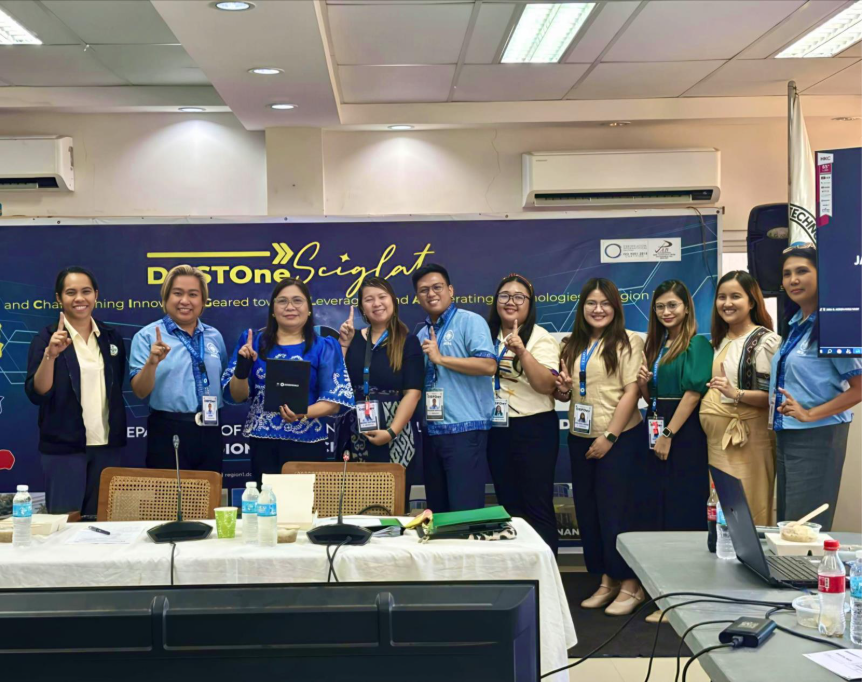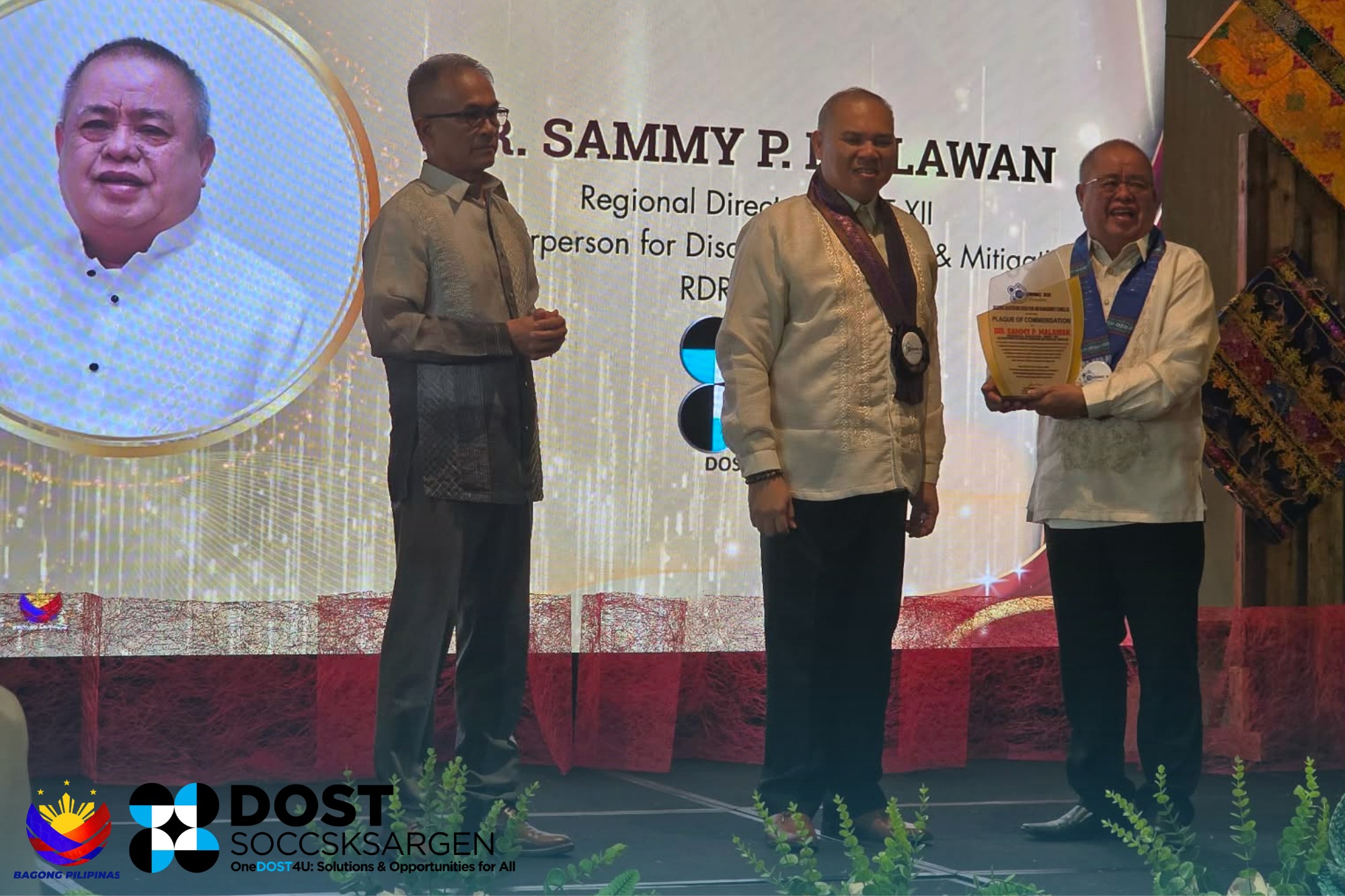The Department of Science and Technology Regional Office No. 1 in collaboration with DZAG Radyo Piliinas Agoo took a proactive stance in observance of the Global Warming and Climate Consciousness Week 2023 by conducting its 35th episode of the weekly radio program, “Tekno Presiyensya: SIyensya ken Teknolohiya para kadagiti Umili” on November 23, 2023, via Facebook live which aimed to raise awareness and understanding of critical climate issues among the public.
Ms. Loren Joy D. Estrebillo, an expert from the Impact Assessment and Applications Section of the Climatology and Agrometeorology Division at DOST PAGASA, served as the esteemed resource person. In her engaging presentation, Ms. Estrebillo navigated through the intricate topic of global warming, unraveling the complexities of the greenhouse effect and its direct correlation with human activities.

The greenhouse effect was explained, distinguishing between the natural and human-enhanced processes. Emphasizing the impact of fossil fuel combustion, she revealed the heightened human-enhanced greenhouse effect contributing to global warming. The discussion delved into the extensive ramifications of climate change, including water scarcity, disruptions in food production, threats to health and well-being, impacts on urban infrastructure, and effects on biodiversity and ecosystems.
Ms. Estrebillo presented alarming trends in the Philippine climate, noting an increase in hot days and a decrease in cold nights. Variations in rainfall patterns were highlighted, impacting different regions of the country. While there was a slight decrease in the number of tropical cyclones entering the Philippine Area of Responsibility, an increase in their intensity was noted. The discussion also touched upon the contribution of warming conditions to rising sea levels, particularly affecting islands in Mindanao and the western coasts of Central and Western Visayas.
DOST PAGASA’s Climate Information Risk Analysis Matrix (CLIRAM) was introduced as a tool to assist Local Government Units (LGUs) in integrating climate change projections into their local action plans. (Christian Dominic I. Casmiro)



